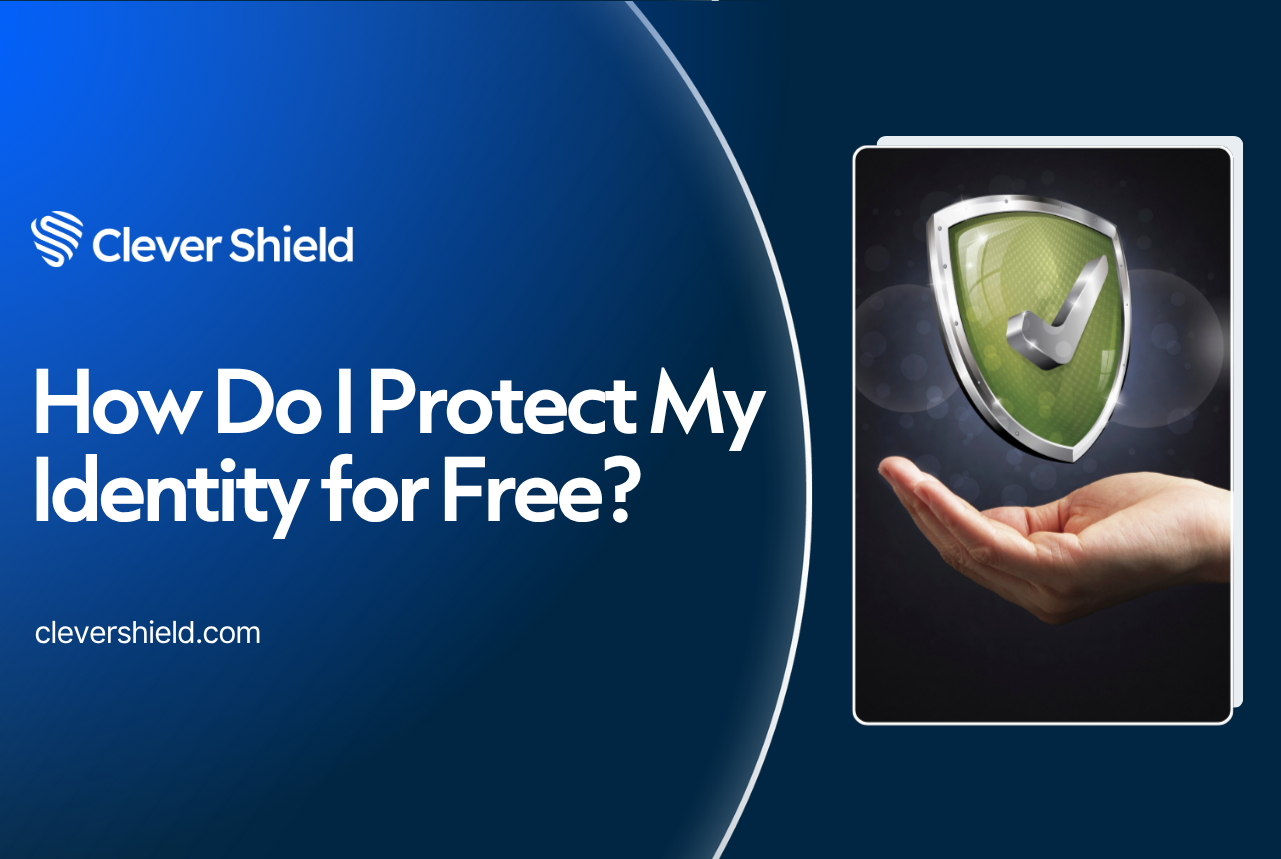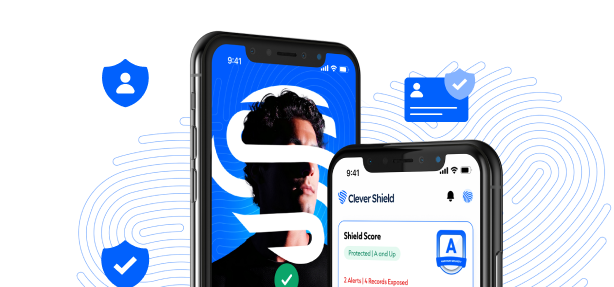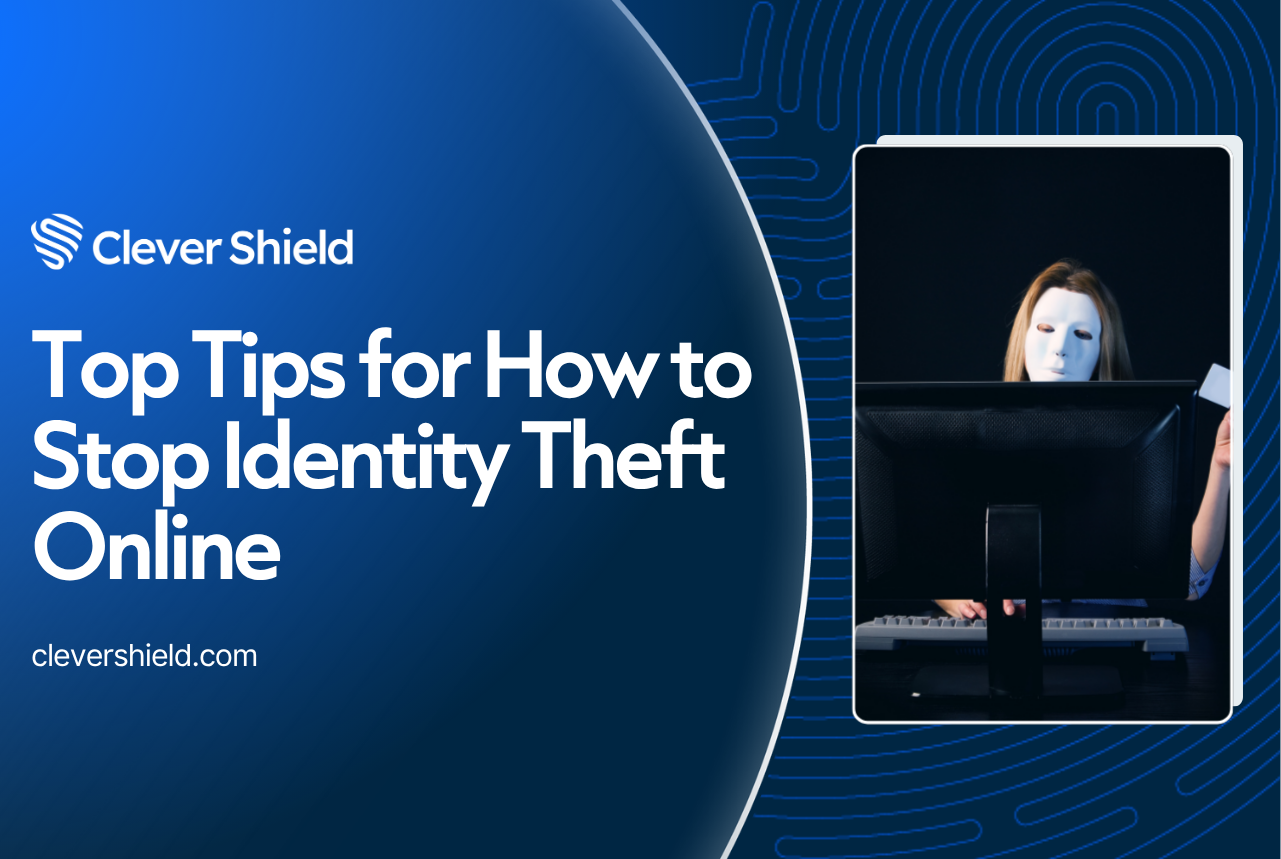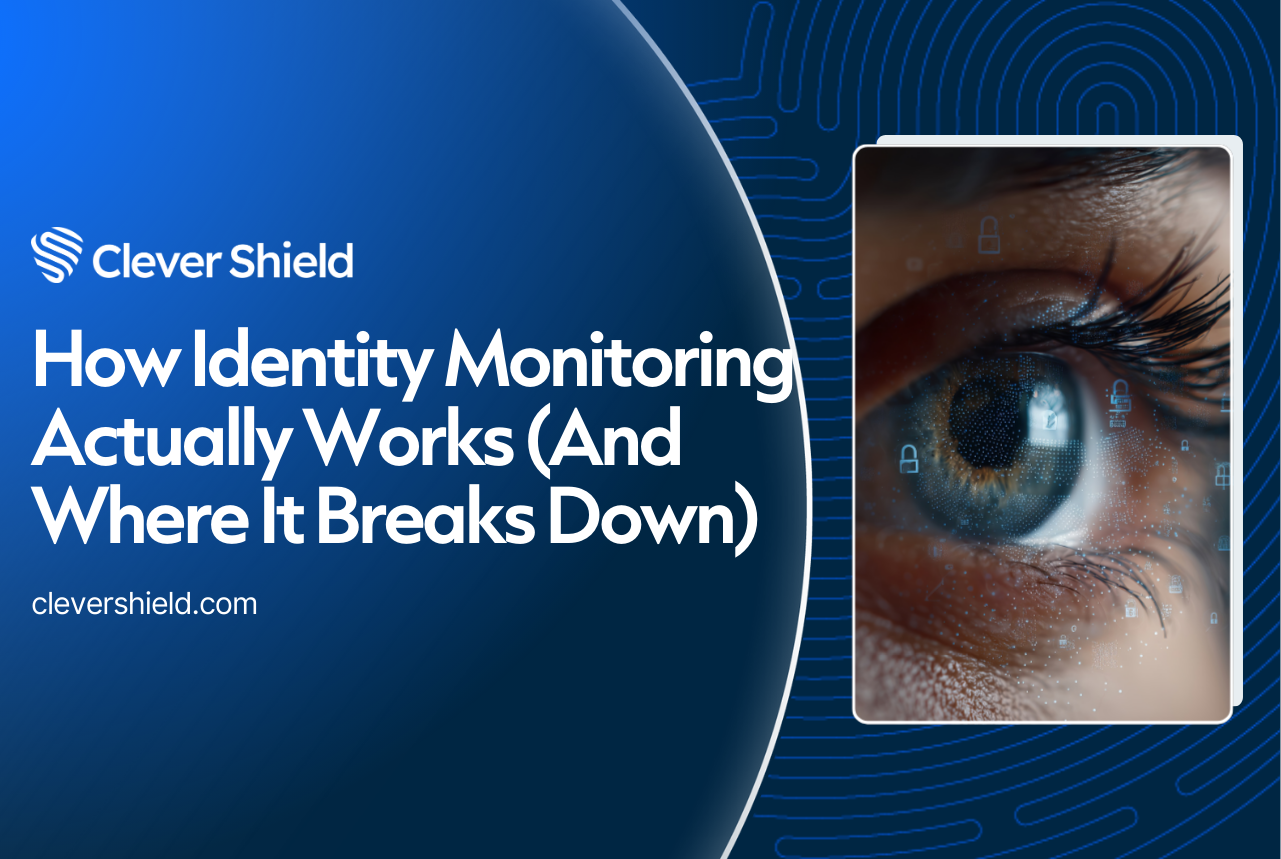Worried about identity theft but don’t want to spend money on protection? You don’t have to. This article covers practical and free ways to protect your identity, including answers to the question, “How do I protect my identity for free?” This ensures your personal information stays secure without any cost.
Key Takeaways
Utilizing free credit monitoring services allows individuals to track their credit reports and receive alerts on suspicious activities, helping to prevent identity theft.
Regularly reviewing bank statements and credit reports, along with understanding one’s entitlement to free annual credit reports, enhances accuracy and aids in the early detection of unauthorized transactions.
Implementing a credit freeze blocks creditors from accessing one’s credit report, effectively preventing identity thieves from opening new accounts in the victim’s name.
Utilize Free Credit Monitoring Services
One of the most effective ways to protect your identity is by utilizing free credit monitoring services. These services, often provided by credit card issuers and financial institutions, help you keep track of your credit report and guard against identity theft. Receiving alerts about changes to your credit report allows you to quickly spot suspicious activities and act to prevent further damage.
The best part about credit monitoring is that it doesn’t affect your credit score, even though it may generate soft inquiries on your report. This means you can stay informed about your credit standing without any negative impact. Additionally, monitoring your credit reports can help you prepare for significant financial decisions by ensuring you are aware of your credit status.
Free credit monitoring services are an excellent way to protect your identity without incurring any costs. Staying vigilant and regularly checking your credit reports enables early detection of potential identity theft and helps safeguard your personal and financial information.
Regularly Review Your Bank Statements and Credit Reports
Along with credit monitoring, it is crucial to:
Regularly review your bank statements and credit reports.
Monitor your credit report at least monthly to stay updated on potential identity theft signs.
Understand that errors on credit reports can stem from human error or incorrect reporting by creditors, making regular reviews essential for maintaining accuracy.
Each individual is entitled to a free annual credit report from all three major credit bureaus, promoting awareness of their credit status. Utilizing this entitlement ensures your credit report remains accurate and free from errors. Regular credit monitoring can also assist in improving your credit score by keeping track of your credit report’s accuracy.
Don’t forget to review your bank statements as well. Identifying any unauthorized transactions on your bank account or bank cards early can prevent significant financial loss. Make it a habit to review your bank statements and bills every few days and several days to catch any discrepancies promptly.
Freeze Your Credit
Freezing your credit is a powerful tool in preventing identity theft. A security freeze prevents creditors from accessing your credit report, effectively blocking new account approvals. This measure ensures that identity thieves cannot open new accounts in your name, providing an additional layer of protection for your personal and financial information.
To initiate a credit freeze, you need to:
Contact the three major credit bureaus: Equifax, Experian, and TransUnion.
Reach each bureau online, by phone, or by mail.
Understand that once you request a freeze, credit bureaus must process it within one business day if made online or by phone.
Lifting a freeze is also straightforward and can be done immediately online or by phone service using simple steps.
Freezing your credit is a proactive measure to protect your identity from potential threats. This simple yet effective measure can prevent identity thieves from accessing your credit report and opening new accounts in your name.
Secure Your Personal Information Online
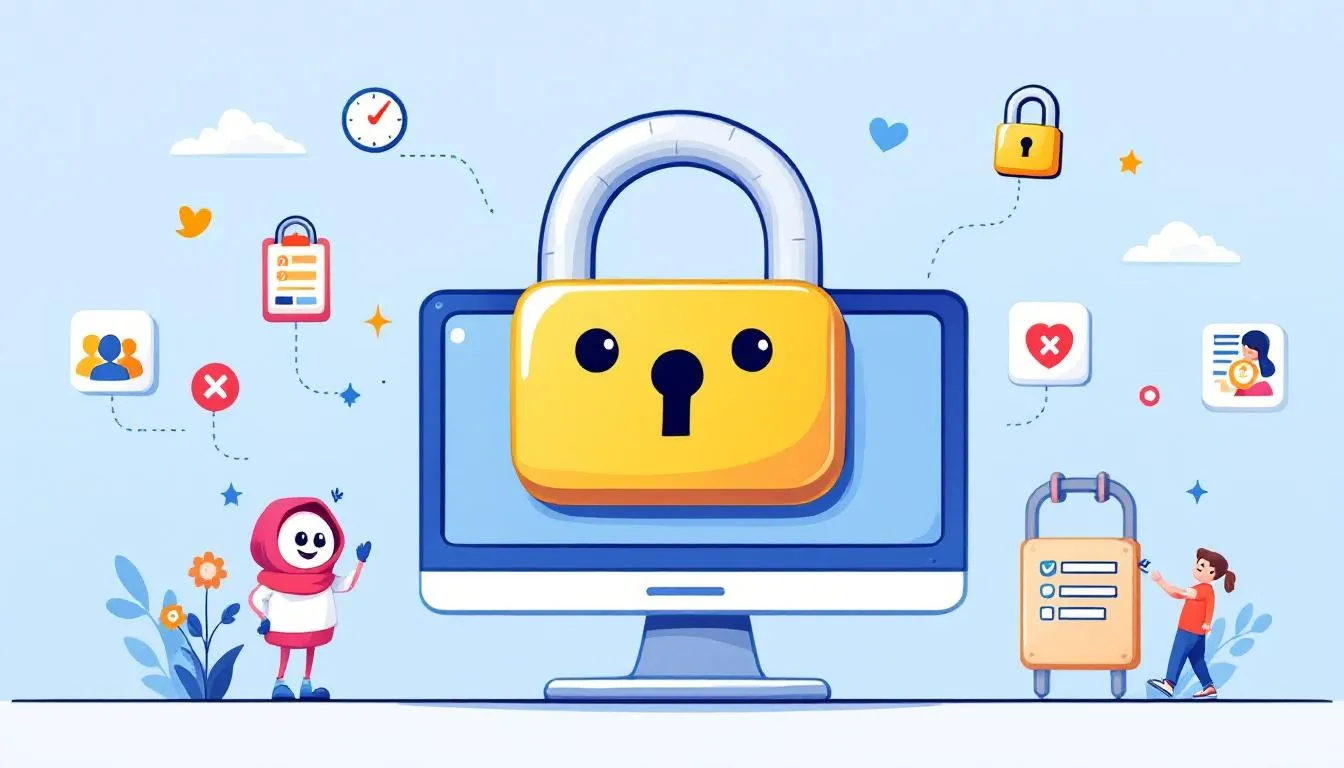
Securing your personal information online is crucial in today’s digital world. With identity thieves constantly on the lookout for opportunities to steal sensitive information, taking steps to protect your data is essential. One way to do this is by enabling two-factor authentication whenever offered, adding an extra layer of security to your accounts.
Keeping your software updated is another critical step in protecting your personal information. Regular updates ensure that your devices are protected against the latest security vulnerabilities. Additionally, avoid accessing sensitive information over public Wi-Fi networks, as these are often targeted by hackers looking to intercept data.
Securing your personal information online significantly reduces the risk of identity theft. Implement these steps you can take to protect your sensitive information and prevent unauthorized access to your accounts.
Use Free Identity Theft Protection Tools
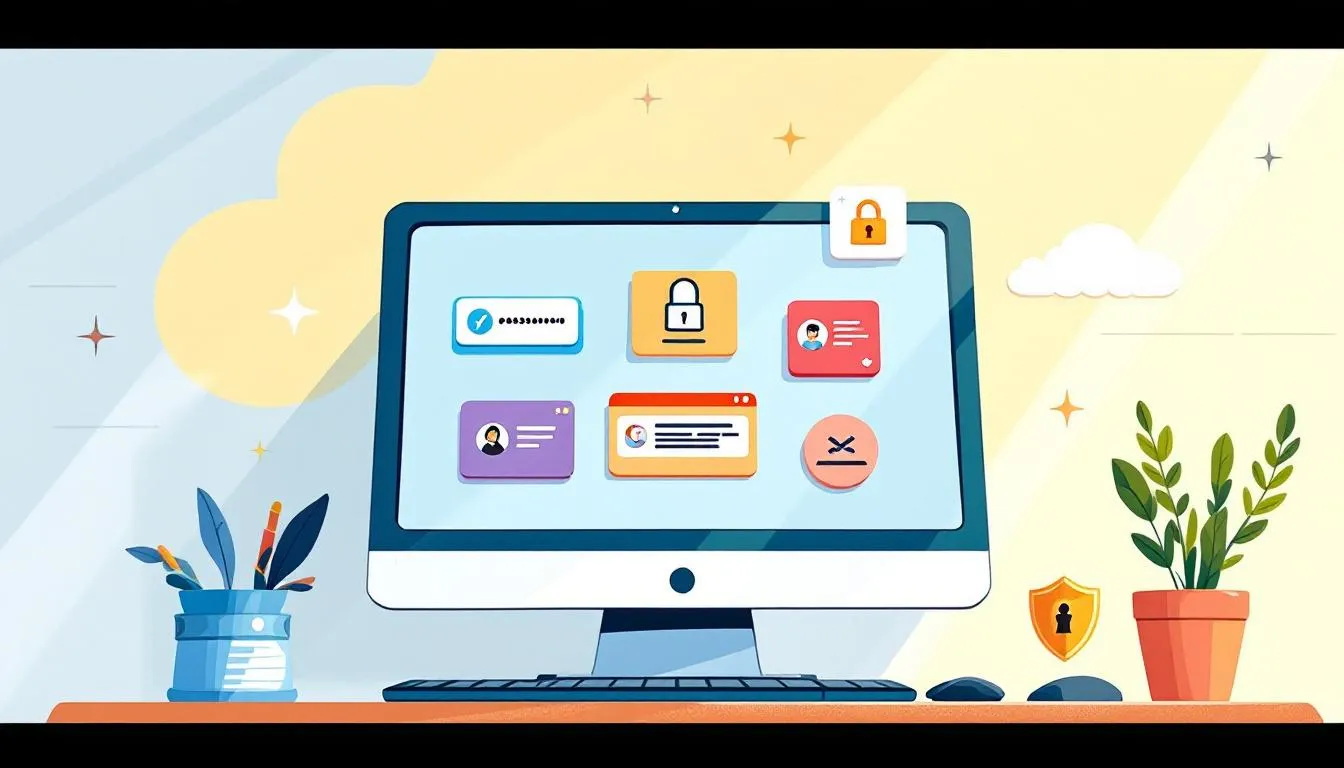
There are several free identity theft protection tools available that can help you safeguard your identity. The Federal Trade Commission (FTC) provides a wealth of free resources aimed at helping individuals protect their identity. Additionally, companies impacted by data breaches often offer complimentary identity theft protection to those affected.
Many employee benefits plans include free identity theft monitoring services for employees. Organizations such as AARP also provide free tools geared towards preventing identity theft for their members. These resources can help you stay informed about prevalent scams and take proactive steps to protect your identity.
Taking advantage of these free tools ensures your personal and financial information is protected against identity thieves. Utilize these helpful resources to monitor for fraud and stay ahead of potential threats, including contacting the fraud department if necessary.
Be Cautious with Public Wi-Fi
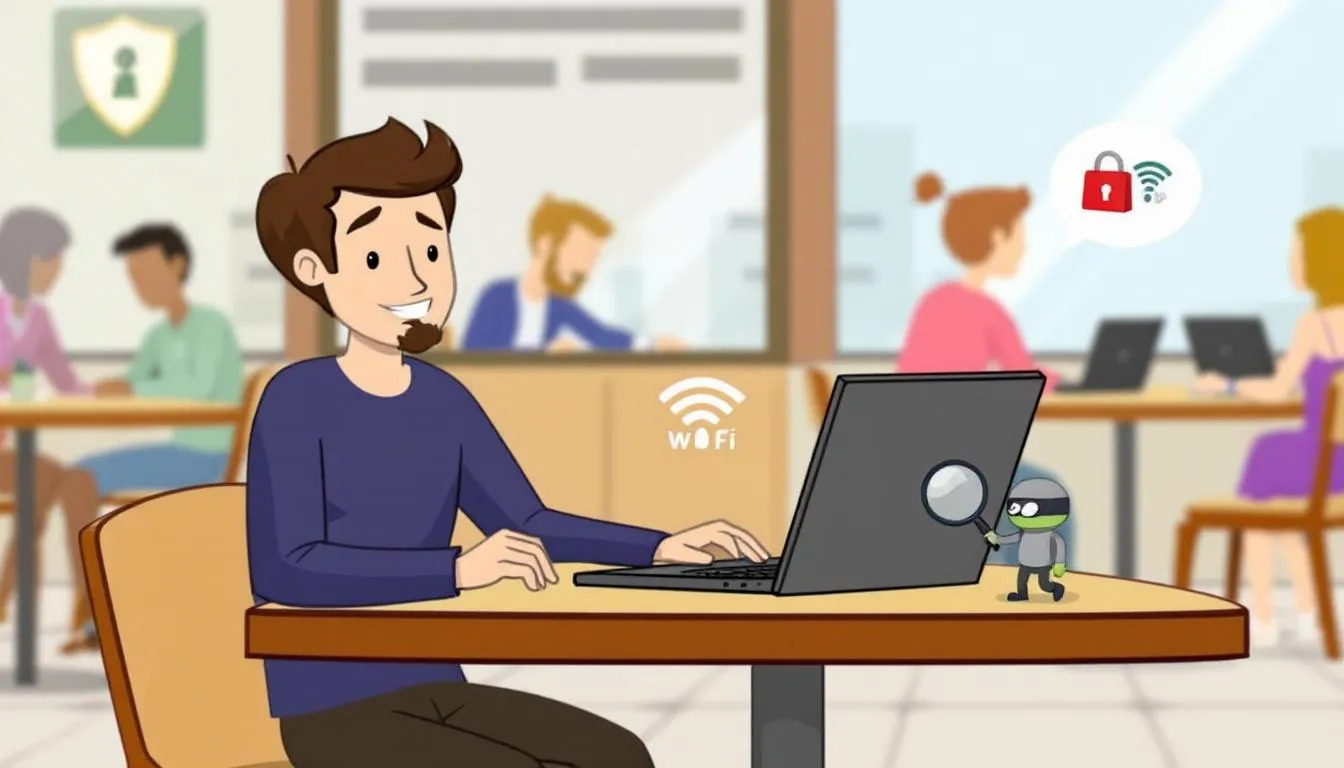
Using public Wi-Fi can expose sensitive information to cybercriminals. To protect your identity, it’s essential to be cautious when accessing public networks. Look for websites with ‘https’ in the URL or a lock symbol to ensure your connection is encrypted while using public networks.
Using a virtual private network (VPN) can add a layer of security by encrypting your internet traffic on public Wi-Fi. Additionally, always keep your device’s software, including security programs, updated to protect against vulnerabilities when accessing public Wi-Fi.
Following these precautions allows safe use of public Wi-Fi without exposing your sensitive information to cybercriminals. Protect your identity by being mindful of the risks associated with public networks.
Protect Your Social Security Number
Your Social Security number is a key piece of personal information that identity thieves often target. Protecting your Social Security number is crucial in preventing identity theft. To reduce the risk of losing it, avoid carrying your Social Security card with you.
Before sharing your Social Security number:
Ask questions about why the information is needed and how it will be used.
Only provide your Social Security number when absolutely necessary.
Ensure you are dealing with a reputable entity.
Safeguarding your Social Security number is a vital step in protecting your identity. Follow these tips to minimize the risk of your Social Security number being stolen and used for fraudulent purposes.
Monitor Data Breach Notifications
Monitoring data breach notifications is essential in protecting your identity. Credit monitoring helps detect potential identity fraud early, allowing you to take preventive action. If you receive a data breach notice, sign up for free credit or identity theft monitoring by the deadline.
Receiving a data breach alert can be a prompt to take advantage of available identity theft monitoring options. Acting quickly upon receiving a breach notice is crucial to secure potential identity theft protection benefits.
Staying informed about data breaches and monitoring notifications can significantly reduce the risk to prevent identity theft. Be proactive in responding to breach alerts to protect your identity.
Keep Personal Documents in a Safe Place
Storing personal documents in a safe place is an important step in preventing identity theft. Important personal documents should be kept in a secure environment, such as:
Birth certificates
Social Security cards
Tax records
Other sensitive information
These documents should be stored in a locked safe or secure drawer to minimize the risk of unauthorized access and identity theft.
Creating multiple copies of critical documents and storing them in different secure locations can reduce the risk of total loss. Additionally, maintaining a master list of where important documents are stored can help ensure they are easily accessible when needed.
By keeping your personal documents in a safe place, you can protect your identity and reduce the risk of unauthorized access to your sensitive information.
Educate Yourself About Common Scams
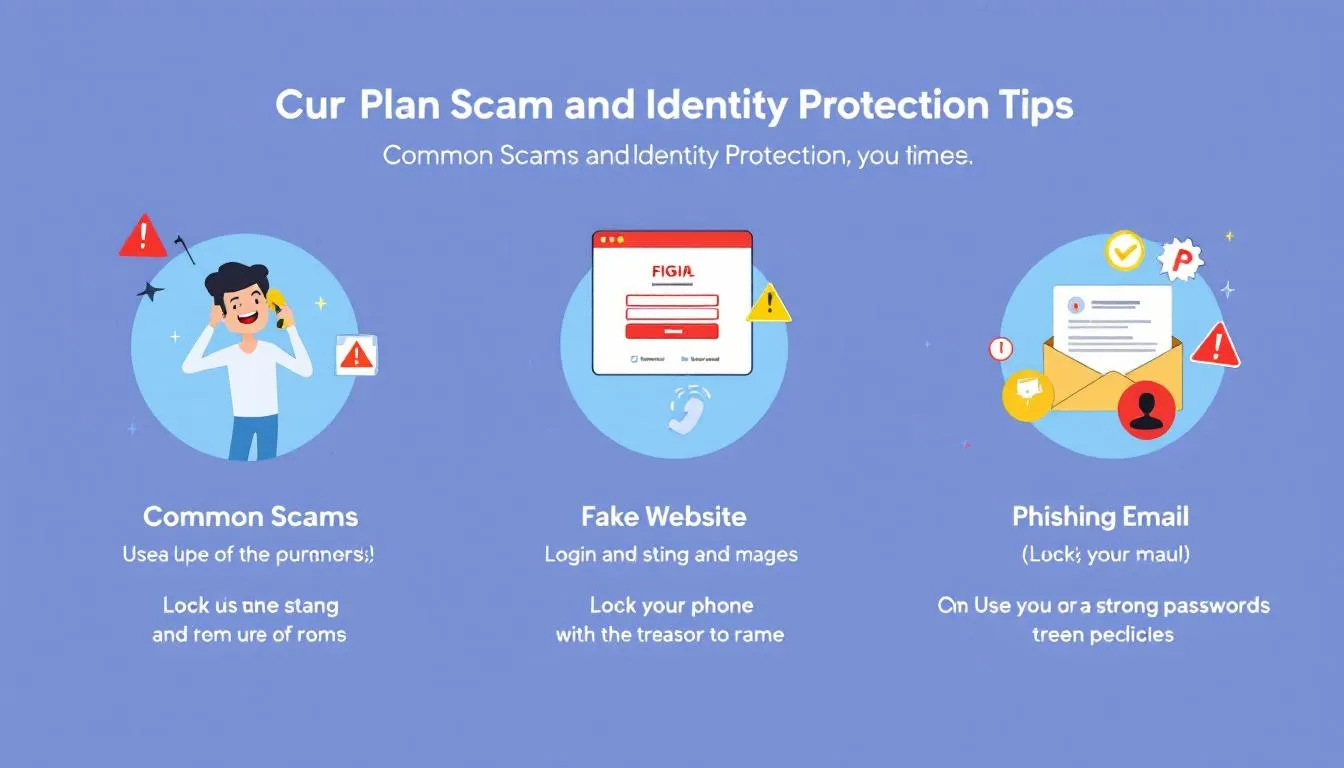
Educating yourself about common scams is essential in preventing identity theft. Identity theft scams can take many forms, including impersonation and phishing attempts. Recognizing phishing attempts is crucial, as these can occur through email, messages, or even phone calls.
Online shopping scams are common; ensure the site websites are secure before entering personal details. Investment scams often promise high returns with little risk, which is a major red flag for potential fraud.
Staying informed about common scams enables you to take proactive steps to protect your identity. Awareness is key to preventing identity theft and avoiding falling victim to scammers.
Summary
In conclusion, protecting your identity is a continuous process that requires vigilance and proactive measures. From utilizing free credit monitoring services to educating yourself about common scams, there are numerous free ways to safeguard your personal and financial information, such as identity monitoring.
By implementing the tips and tools discussed in this guide, you can significantly reduce the risk of identity theft and ensure your sensitive information remains secure. Take action today and protect your identity from potential threats.
Frequently Asked Questions
What are some free ways to monitor my credit?
One effective way to monitor your credit for free is to utilize credit monitoring services provided by credit card issuers and financial institutions, which can alert you to any suspicious activities on your report. This proactive approach helps you stay informed about your credit status without any cost.
How often should I review my bank statements and credit reports?
You should review your bank statements every few days and monitor your credit report at least monthly to quickly identify any discrepancies.
What should I do if my Social Security number is stolen?
If your Social Security number is stolen, promptly contact the relevant authorities, monitor your credit reports for suspicious activity, and consider placing a credit freeze to prevent new account approvals. Taking these steps can help safeguard your identity and financial information.
How can I protect my personal information online?
To effectively protect your personal information online, enable two-factor authentication, regularly update your software, and avoid accessing sensitive data over public Wi-Fi networks. Taking these precautions significantly enhances your online security.
What steps should I take if I receive a data breach notification?
If you receive a data breach notification, promptly sign up for free credit or identity theft monitoring services provided by the affected company to protect yourself against potential risks. Additionally, consider reviewing your accounts for any suspicious activity.

